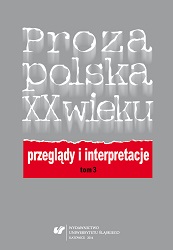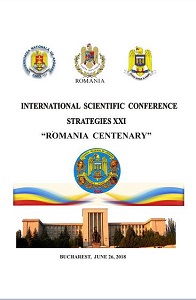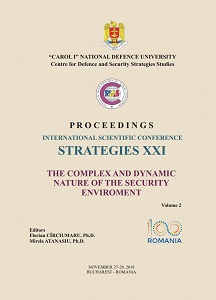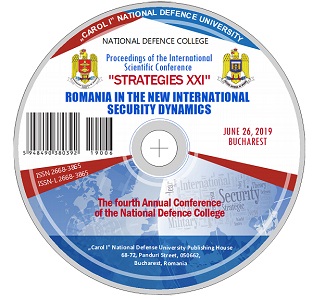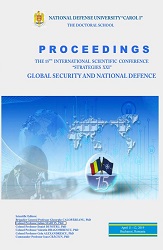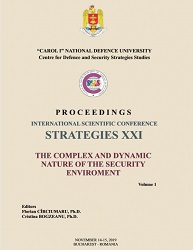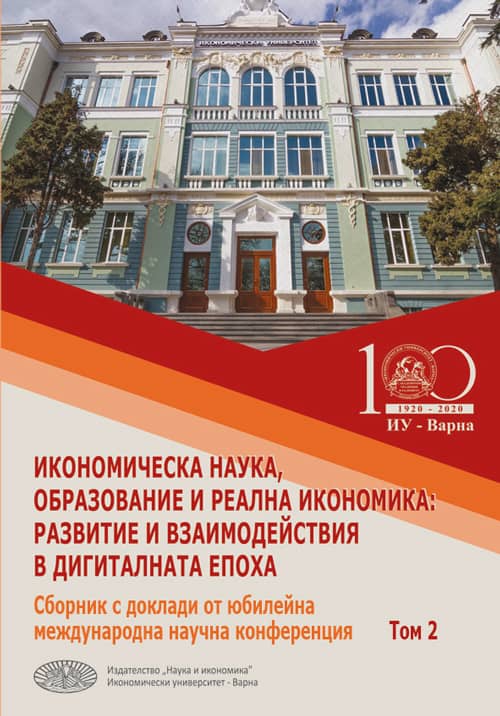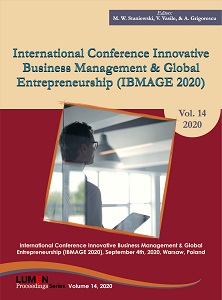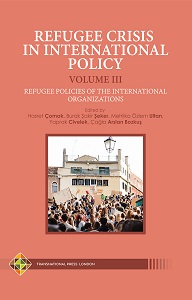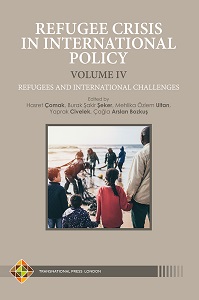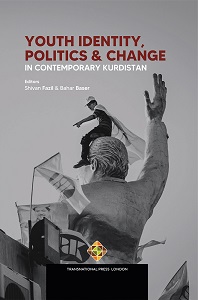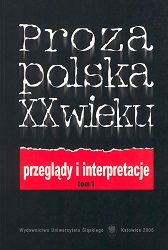Formation of Creative Personality of Students Majoring in «Preschool Education» in the Process of Studying the Methods of Musical Education
Author(s): Yaryna Vyshpinska / Language(s): English
/ Publication Year: 0
Keywords: creative personality;types of musical activity;musical education in the preschool institution;practical work;musical abilities;
The body of the article goes on to discuss the creative models of a student’s personality’s development in the process of mastering the course «Theory and methods of musical education of the preschool children».In general, the teacher's profession accumulates a big number of opportunities for the creative improvement of a would-be teacher's personality. All types of activities used while working with children in the process of mastering the artistic competencies (like fine arts, modeling, designing, appliqué work or musical activities) require not only technical skills, but also sufficient creative imagination, lively idea, the ability to combine different tasks and achieve the goals. Achieving this task is possible if students are involved into the process of mastering the active types of musical activities – singing, musical-rhythmic and instrumental activity, development of aesthetic perception of musical works.While watching the group of students trying to master the musical activity, it is easy to notice that they are good at repeating simple vocal and music-rhythmic exercises. This is due to the young man's ability to imitate. Musical and instrumental activities require much more efforts and attention. It is focused on the types and methods of sound production by the children's musical instruments, the organization of melodic line on the rhythm, the coherence of actions in the collective music: ensemble or the highest form of performance – orchestra. Other effective forms of work include: the phrase-based study of rhythmic and melodic party, the ability to hear and keep the pause, to agree the playing with the musical accompaniment of the conductor, to feel your partner, to follow the instructions of the partiture. All the above-mentioned elements require systematic training and well selected music repertoire. Students find interesting the creative exercises in the course of music-performing activities which develop musical abilities, imagination and interpretive skills of aesthetic perception of music, the complex of improvisational creativity in vocal, musical-rhythmic and instrumental activity. The experiments in verbal coloring of a musical work are interesting too. Due to the fact that children perceive music figuratively, it is necessary for the teacher to learn to speak about music in a creative and vivid way. After all, music as well as poetry or painting, is a considerable emotional expression of feelings, moods, ideas and character. To crown it all, important aspects of the would-be teacher’s creative personality’s development include the opportunities for practical and classroom work at the university, where they can develop the musical abilities of students as well as the professional competence of the would-be specialist in music activity. The period of pedagogical practice is the best time for a student, as it is rich in possibilities and opportunities to form his or her creative personality. In this period in the process of the direct interaction with the preschool-aged children students form their consciousness; improve their methodical abilities and creative individuality in the types of artistic activity.
More...
